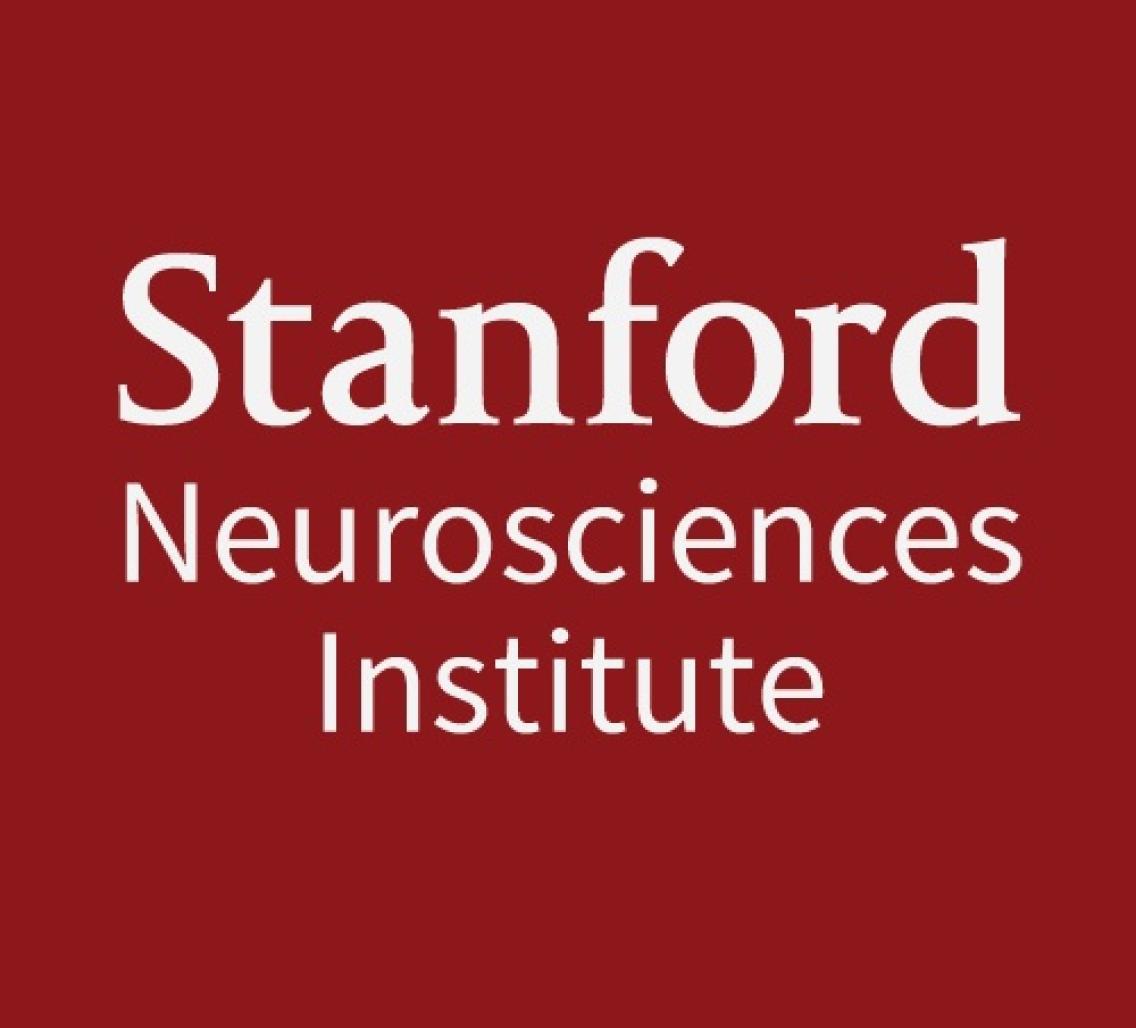Event Details:

Stanford Neurosciences Institute Seminar Series Presents
Tools for Analyzing and Repairing the Brain Edward Boyden, Ph.D AT&T Career Development Associate Professor, MIT Media Lab; Joint Professor, Department of Brain and Cognitive Sciences; Department of Biological Engineering, MIT
Host: Ben Barres
Abstract
To enable the understanding and repair of the brain, we are creating tools that enable molecular-resolution maps of large scale biological systems, as well as technologies for observing and controlling high-speed physiological dynamics in such systems. First, we have developed a method for imaging large 3-D specimens with nanoscale precision, by embedding them in a dense swellable polymer, mechanically homogenizing the specimen, and exposing it to water – which causes it to expand isotropically severalfold. This method, which we call expansion microscopy (ExM), enables scalable, inexpensive diffraction-limited microscopes to do large-volume nanoscopy. Second, we have collaboratively developed strategies to image fast physiological processes in 3-D with millisecond precision, and used them to acquire neural activity maps throughout small organisms. Third, we have collaboratively developed nanotechnological and robotic methods to record high-speed electrical events with single cell resolution in living mammalian brain. Finally, we have developed a set of genetically-encoded reagents, known as optogenetic tools, that when expressed in specific neurons, enable their electrical activities to be precisely driven or silenced in response to millisecond timescale pulses of light. In this way we aim to enable the systematic mapping, dynamical observation, and control of complex biological systems like the brain.